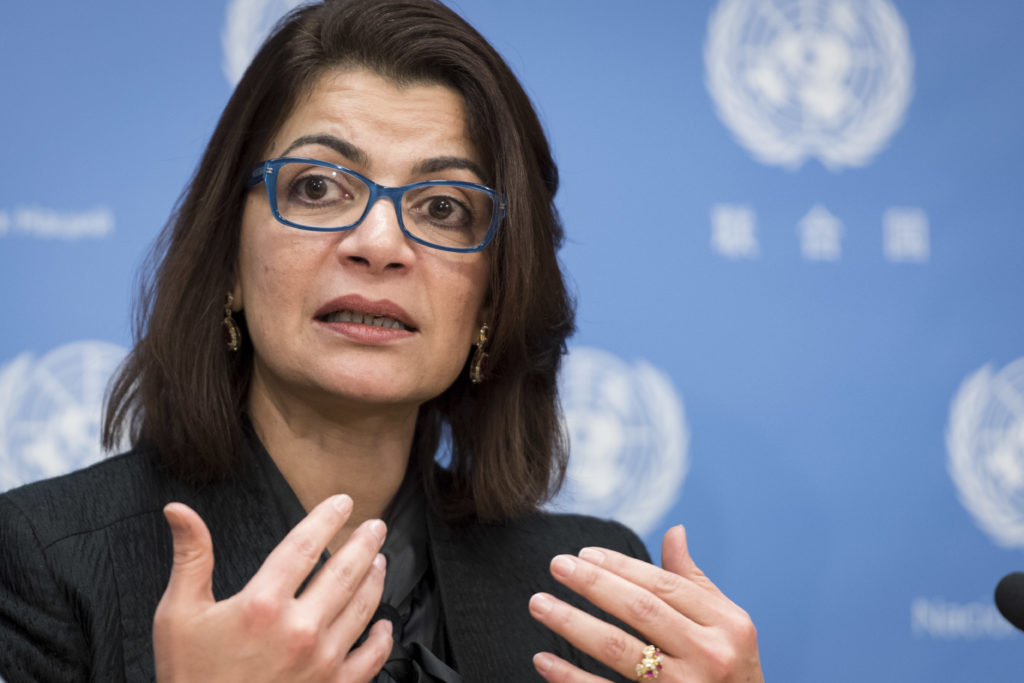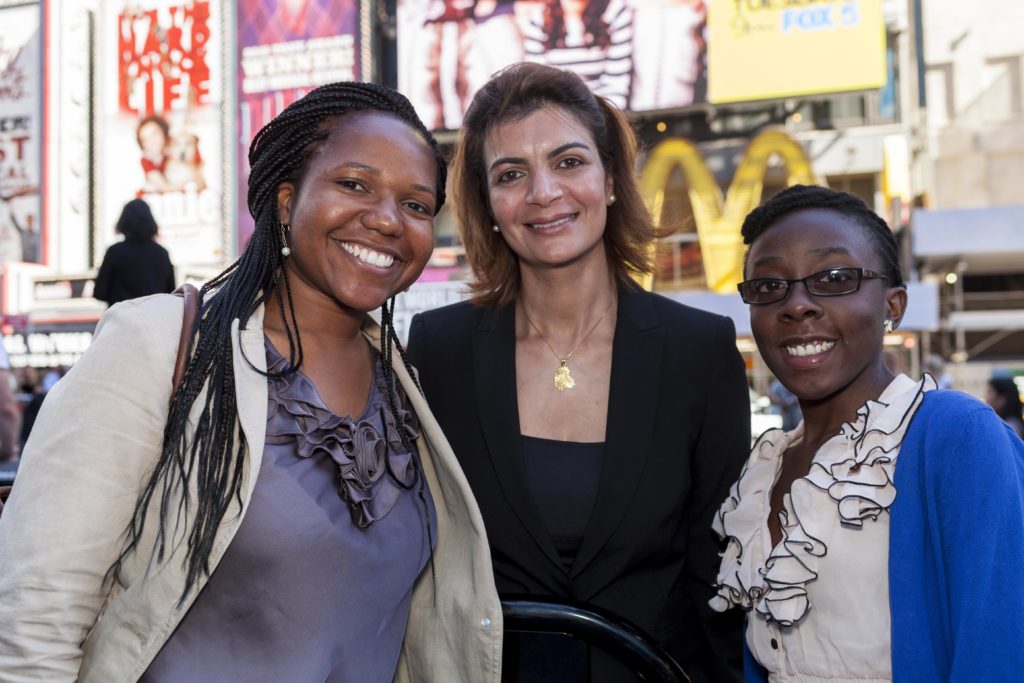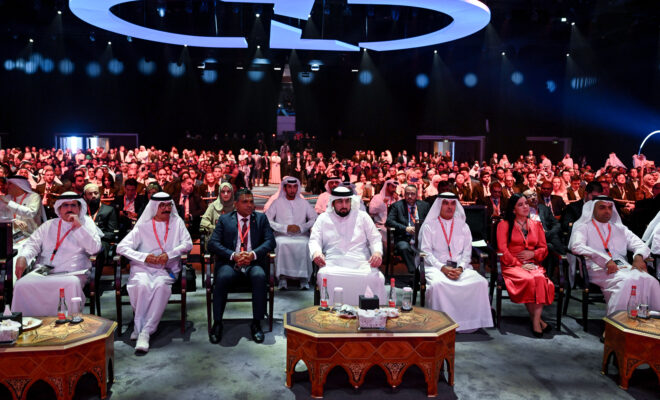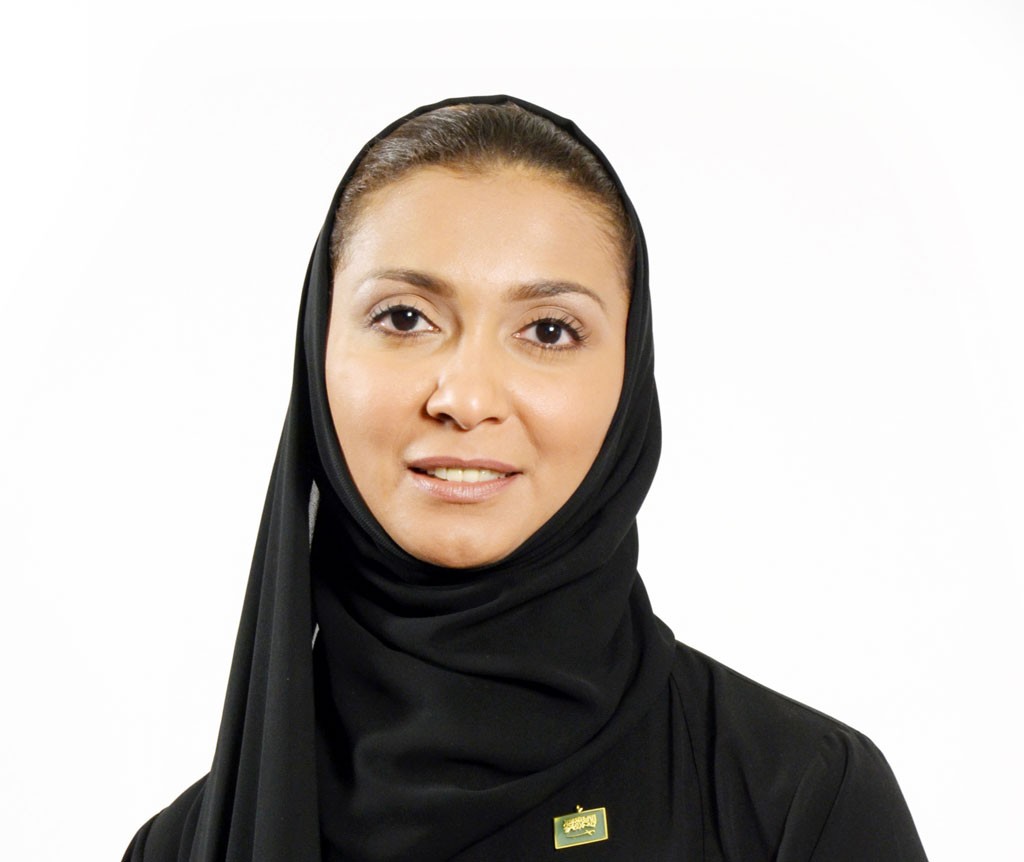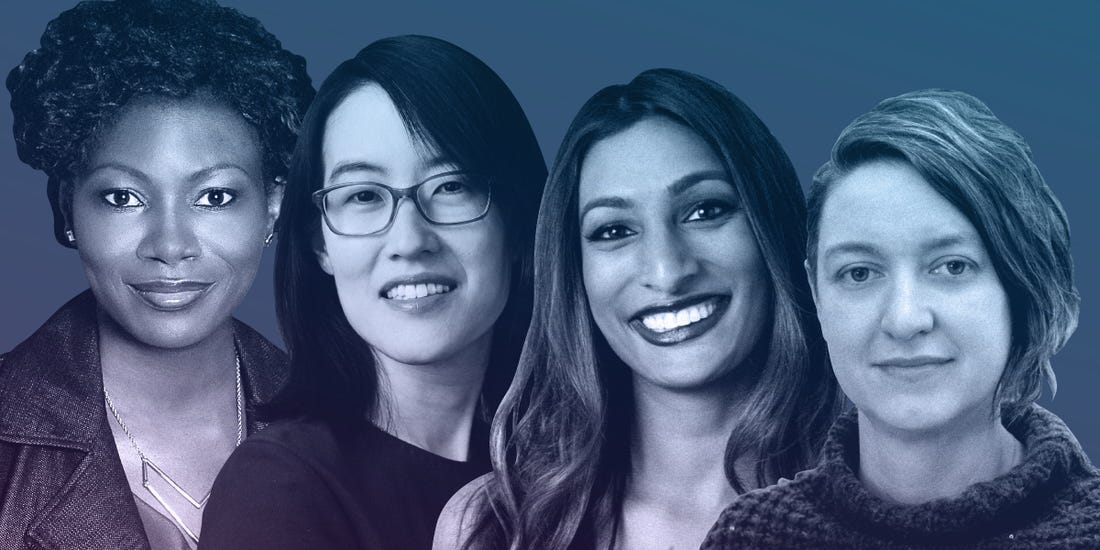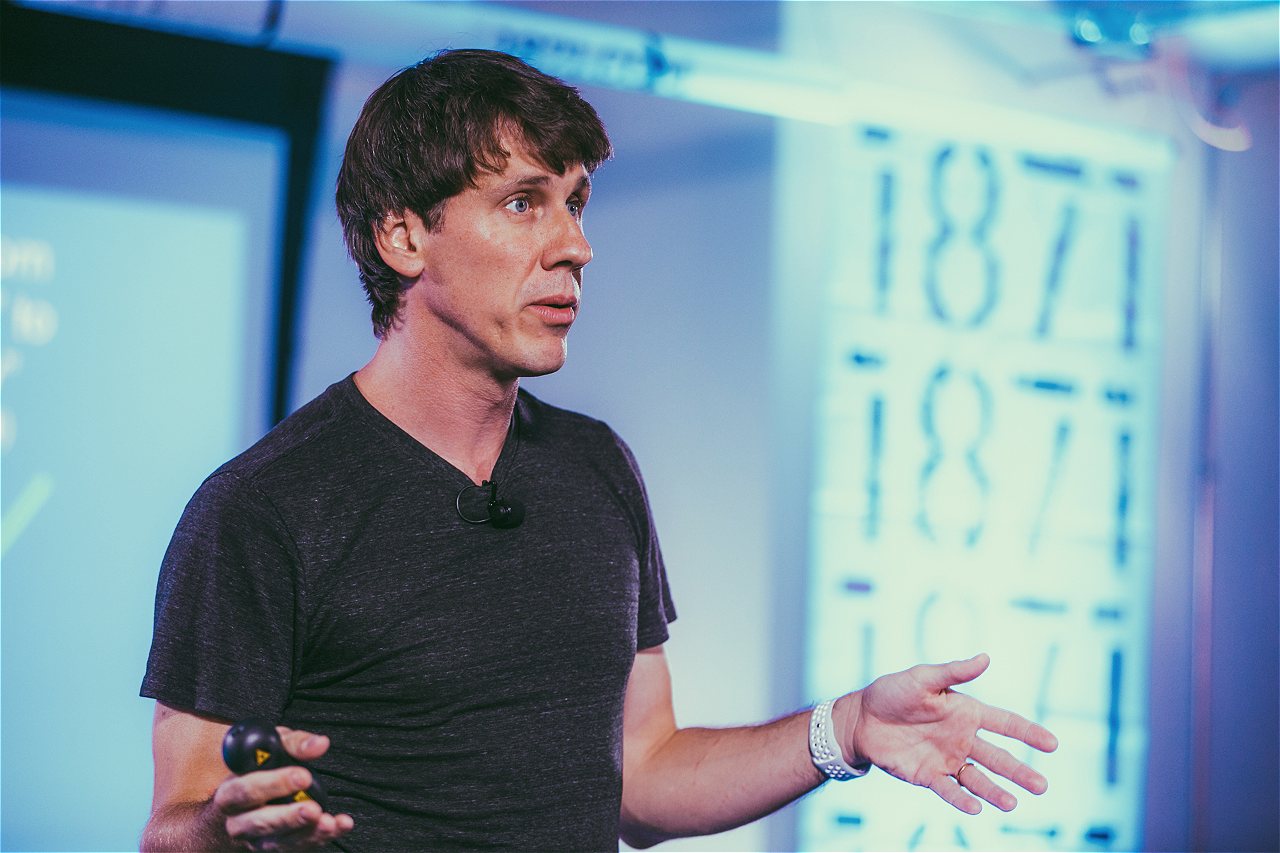Investing in Women and Girls in Science HRH Princess Dr. Nisreen El-Hashemite

The Royal Academy of Science International Trust (RASIT) is an international non-governmental organization associated with the United Nations having a consultative status with its Economic and Social Council and the Department of Global Communications. RASIT was signed into being in 1968 by the late HRH Prince Mohammed bin King Faisal (I) El-Hashemite, its Founder President, to provide and advance Science, Education, Economy, and Arts through its global programs. As mandated in its constitution, it promotes equality and equity in science, technology and innovation for socioeconomic sustainable development.
Science is Equality!
“In Science, there is no masculine or feminine, not even in terminology or work simply, science is all for all… To achieve sustainable development in any society or globally, we need to recognize science as the foundation of sustainable development and always emphasize the role of science in equality… To ensure the growth and success of socio-economic development programs, especially at founding stages, one must always commit and incorporate equality as one of the core values of sustainability in such programs… Equality is a non-questionable fact of life, a responsibility for all and progress to either accept and apply or be left behind…”-17 April 1968; HRH Prince Mohammad bin King Faisal (I) ElHashemite Founder President, Royal Academy of Science International Trust
Empowering Women in Science
For more than 51 years, RASIT has been working regionally and internationally to ensuring gender equality and women’s empowerment; raising the rights of women and girls in science to the highest attainable standards in education and equal employment opportunities, and to achieving the full participation of women in science in decision making and sustainable development programs. All through the years, RASIT’s efforts to secure equality in science for socio-economic development have been successful, whether at a national or regional level. One of the best examples is the outcome document of the first international congress on Muslim Women in Science held in the year 2000 in the City of Fez, Morocco. The outcome document was adopted by the heads of states and governments of Islamic countries during the summit of the Organization of Islamic Cooperation (OIC) held in the same year.
The Status of Women in Science
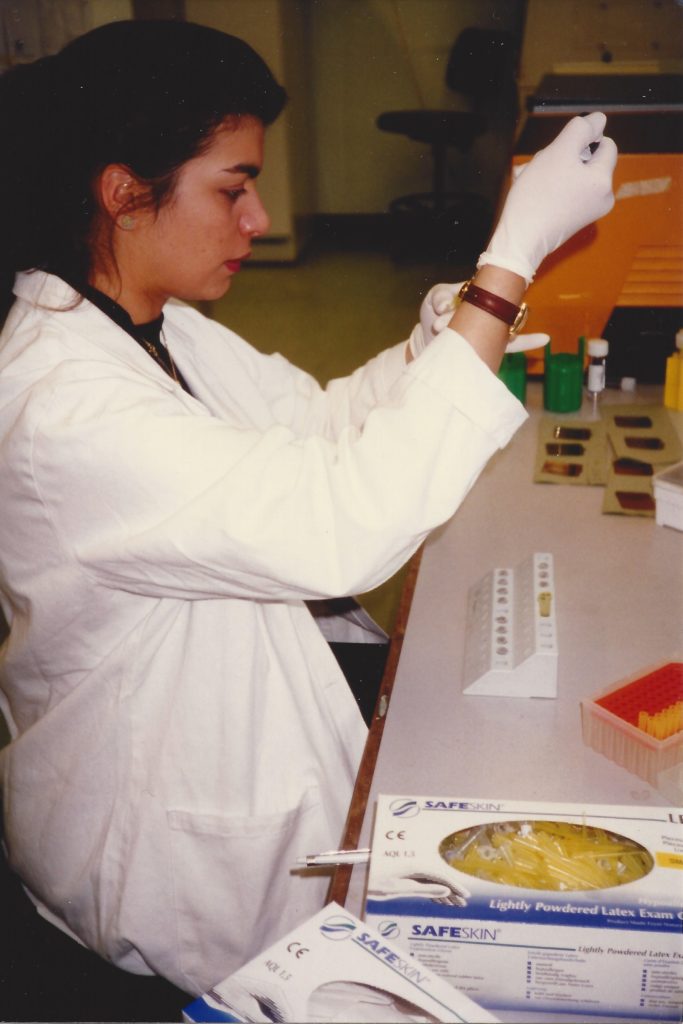 The advancement of women and girls in science has not merely stalled; the gap between men and women in science has indeed begun to widen. Unfortunately, the international community
The advancement of women and girls in science has not merely stalled; the gap between men and women in science has indeed begun to widen. Unfortunately, the international community
reports on gender inequality in science and education reveal numbers without identifying concrete solutions. The data presented in all reports are vitally important; however, it often lacks cultural and sociological analyses, and do not provide plans and programmes of action to resolve the inequality in science and technology. As of 2019, only 54 women have won Nobel Prizes, and of those 54, only 22 women in science. If we want to discuss the many existing issues facing societies today, and then determine the indispensable solutions, we must recognize the role of women in science through acknowledging their accomplishments and achievements.
I am a woman in science, or as many people around the world call me, The Science Princess. I lived the problem of inequality in science and realized that the problem also exists in developed countries. Although in many developed countries there are science policies and frameworks, there is lack of equality and parity in science including gender-pay-gap. In developing countries, however, the situation is different: whereas many countries have equality and parity in science, and the Science Policy Framework; there is limited financial support, access to modern science laboratories, and the opportunity to present the scientific achievements in international conferences. In other developing countries that have the financial resources, there is a need for science policy and framework. What we really need is an understanding of equality and parity in science through capacity building, cooperation and data governance. We need action plans and frameworks pertaining to the situation of science, technology and innovation that address the status of women and girls in science at both regional and national levels. We need to focus more on investment in women and girls in science for socio-economic sustainable development. This is what we are working on. Some people might think that my colleagues and I are dreamers. Well, the International Day of Women and Girls in Science was a dream: it started with an individual action that led to collective power and was translated to have an exponential impact.
The Future We Want: The International Day of Women and Girls in Science
“The world which is full of resources and talented human beings; desperately need the potentials embedded in women. Empowering and advancing women gives wealth and power to
society. If women are given the opportunity, they will have the greatest impact on building a socially and economically strong society; and by neglecting their role and impact, the loss is on the entity of society and the whole world. “ – the late HRH Prince Mohammed bin King Faisal (I) El-Hashemite RASIT’s Founder President, 1968 RASIT has a long-standing history as visionary leaders in promoting women’s voices in science as shown by the historical resolution titled “International Day of Women and Girls in Science” passed by member states. On 22nd December 2015, the 70th Session of the United Nations General Assembly adopted a resolution demonstrating the commitment of Member States to achieving gender equality in science.
RASIT made history at the United Nations as the first non-governmental organization credited with creating a UN International Day to “educate the general public on issues of concern, to mobilize political will and resources, to address global problems, and to celebrate and reinforce the achievements of humanity.” “Every February 11, we celebrate the achievements of women, known and unknown, remembered and forgotten, who have forged the way for those of us in science today.” -N. El-Hashemite, 22nd December 2015
Transforming our World
RASIT has turned a dream into reality, and is moving into implementation, measurement and commitment for the sake of the SDGs and its Development Agenda for 2030. Since 2016, RASIT has organized the commemoration in close collaboration with the United Nations and its agencies, Inter-governmental organizations, and member states. Highly visible during these years has been the participation of United Nations’ senior officials, government ministers, members of parliaments, members of the private sector, academia, and other civil society actors, as well as video messages from world head of states.
#February11: The Global Movement
At a time when so many international, regional and national decisions are based on science, it is becoming increasingly important to inform the public and policy-makers about the achievement of women in science in bringing economic and sustainable development benefits. Bringing about the inclusive world envisioned in the UN 2030 Development Agenda will require the inclusion of women in science, decision-making and policy formulation and implementation at all levels. This requires policy-makers to rethink the manner in which policies are conceived and delivered. The #February11 Global Movement strongly champions women in all fields of science. With RASIT’s presence at the UN, we have been writing future history, and the #February11 Movement will create history sooner, not later. Ignoring the role of women in science in sustainable development jeopardizes the unity of society, harmony and development, and the future of our world. RASIT encourages women in science to reach out to their communities and share their achievements, also, to communicate with the public by visiting schools, engaging with organizations and policy-makers and giving opportunities to young people. Furthermore, the #February11 Global Movement provides opportunities for partnership, networking and matchmaking with experts to support innovative solutions for development. RASIT provides a platform for dialogue between women in science, the public and policymakers, private sector, and academic institutions in identifying the challenges and solutions to meet the needs of societies.
#February11: Five Years of Achievements
RASIT shaped #February11 into a platform for knowledge, advocacy and accountability to empower women in science. RASIT plays an important role in facilitating action on many fronts,
mainly progress towards the United Nations programs and agendas, by aiming at equality in science for socio-economic development. Since the adoption of this resolution in 2015, RASIT’s associates and fellows are working hand-inhand, in the “WE” mentality, with colleagues from all over the world to achieve the vision and goals of the #February11. Today more than ever, the global strategy for health, education, economies, development, and humanitarian outreach needs precisely the radiant sun of women in science—to provide light and nourishment, to provide healing, to dry out the swamps of poverty and unrest.
RASIT and the Private Sector:
RASIT has been working in the spirit of Sustainable Development Goal 17, on creating global partnerships, ever since our founding. This is translated by its remarkable partnership with UN agencies, departments, governments and intergovernmental organizations, the private sector and civil society. RASIT always stresses on the importance of the partnership with the private
sector as a new step towards transforming challenges into opportunities for women and girls in science. One of the examples is RASIT and World Business Angels Investment Forum partnership. Both RASIT and WBAF are working together to empower women and girls in science, technology and innovation.
RASIT Is Bridging The Gap Between Women In Science And Business
In times of economic instability, it is critically important to translate scientific knowledge into commercially viable enterprises, which can bring prosperity to local communities and, in the longer term, entire countries. RASIT Sustainable Development Studies Center, founded in 1982 by the late Founder President HRH Prince Mohammad Bin King Faisal (I) El-Hashemite, is championing the invaluable contribution of scientific research innovation and business to the growth of the economy. How can this be? The shift from scientific research to business application is not a straightforward one, and it requires additional skills that are not automatically included in a scientist’s training. RASIT Sustainable Development Studies Center actively
addreses this knowledge gap, to the benefit of scientists and engineers all over the world. Through RASIT’s annual Assembly of Women and Girls in Science held annually at the United Nations Headquarters, RASIT is empowering women in all fields of sciences to turn science into business. In the annual event research, business, talent and life experience come together, shortening the way from idea to solution for sustainable development and economic growth.
Indeed, research and business development go hand in hand. Through close collaboration and open dialogue, we encourage and foster new and smarter ways to achieve excellent results. And this is why we have been able to connect ground-breaking research and nurture global market leaders. We challenge conventions because new ways of thinking and innovation drive us forward. We bring women in science whether young talents and professors and business professionals together, creating a melting pot of ideas and solutions – because everyone recognizes the power of co-operation and knowledge exchange. RASIT’s work is based on equality, openness and trust, we have always nurtured easy access to talent, new perspectives and creative
ways of working together. This enables science, research, business and life experience to co-exist and fuel one another. This shortens the way from idea to solution, a unique equation that makes our projects work, creating an impact and growing into something that truly makes a difference.
RASIT, as a convenor, facilitates partnerships, networks and close collaboration between business, the public sector and universities with leading scientists and talented students. This triangle fosters innovative research and applied science with great business potential in different areas of sustainable development including agriculture, green energy, life sciences, acoustics, IT and Big Data. Our collaborative approach allows women in science start-ups to thrive and focus, establish businesses to benefit from the agile development environment, and develop their talent to be challenged and gratified. Despite the clear benefits for businesses and scientists, investing in women in science research and innovation still is not widely applied by the private sector. This is what we are working on!!!
Conclusion:
The world is full of women and girls who venture and constantly challenge themselves to learn and grow, searching for something new. They see possibilities and work to build their ideas for
development and creating an impact. We are bridging worlds through the empowerment of Women and Girls in Science. We travel in the #February11 journey with United Nations agencies, member states and inter-governmental organizations, to create new paths of empowering women and girls in science for social-economic sustainable development”. With RASIT’s presence at the United Nations, we have been writing future history, and the #February11 Global Movement is part of our idea of creating history sooner and not later. RASIT is committed to improving the lives of girls and young women by giving them opportunities to shape their own future and the future of their communities and to be the lead innovators of tomorrow – TODAY.


